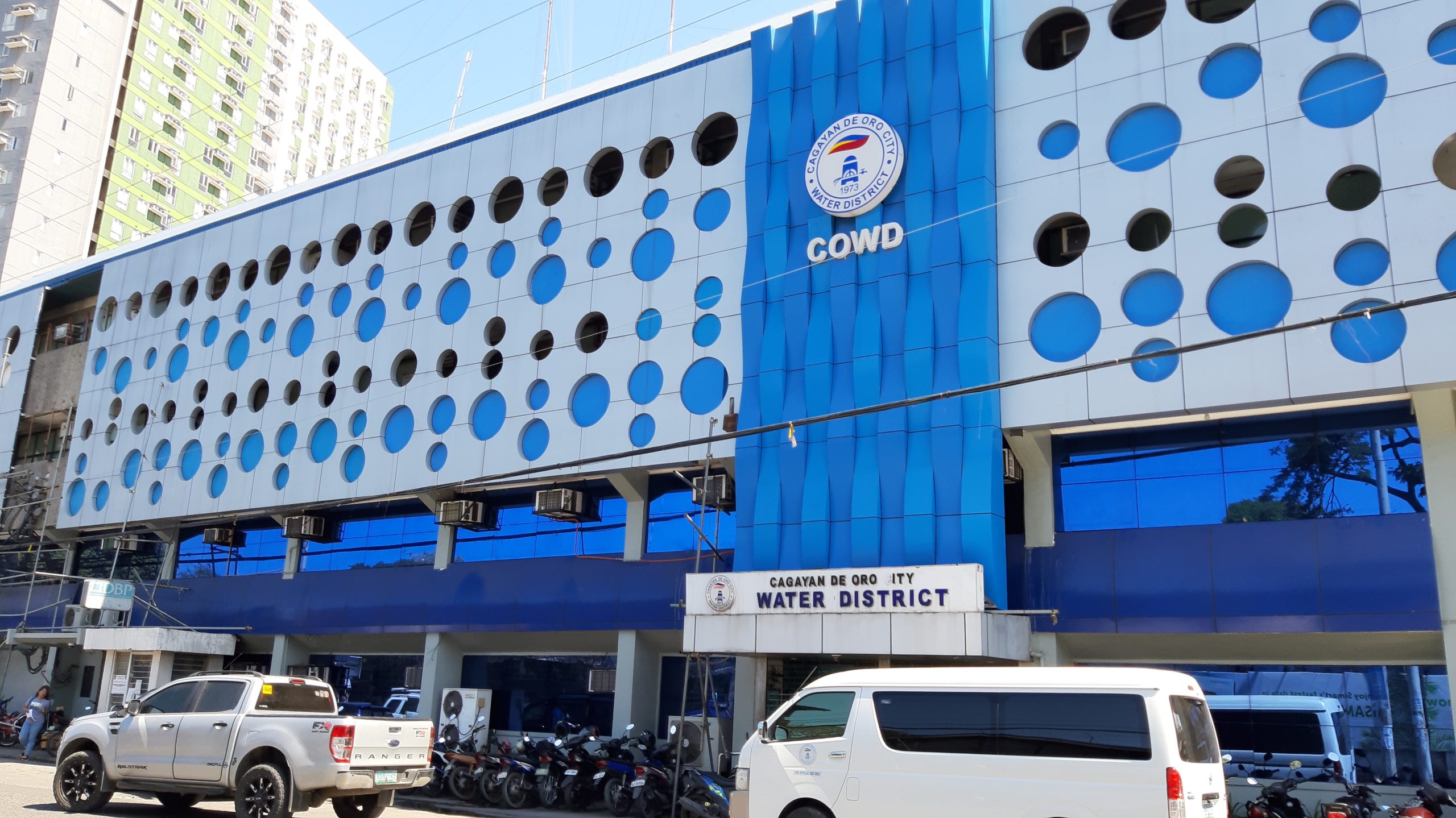Ian Alfredo Magno
IT has been barely two months since these rather unfortunate hostilities in Marawi City first erupted. It began when terrorists stormed the place and laid the city under siege. Breaking reports of civilians taken hostage and/or decapitated followed shortly and filled the television screens, the social media, and radio airwaves – such horror! Out of fear, a large number of residents hurriedly abandoned their homes and fled to safety elsewhere. On the other hand, some residents tucked their belongings in their households and held ground, hoping the tension would not escalate as it regrettably did. Then ultimately, the military responded. And the rest was history, so to speak.
While hundreds of terrorists have reportedly been killed, a significantly lower count (but sadly nonetheless) of soldiers killed in action have likewise been tallied as the clash continues.
On a personal note, it took a while before I could express my thoughts about the subject in this column. Truly, it is a very delicate matter to grind. While some parochially look into the turmoil as a typical Christian-Muslim conflict, apparently it is not. Verily, there is more to the Marawi conflict than meets the eye.
And while we take sides with the law enforcers – that is the military and the police force, versus lawless terrorists and bandits – it is difficult to discount the fact that civilian Marawi residents are disheartened at the sight of their homes blustered to pieces as an offshoot of legally sanctioned airstrikes. Moreover, droves of dispirited civilian residents suddenly find themselves congested in evacuation centers, while virtually losing their individualities upon being collectively tagged as IDPs or internally displaced persons.
Then… the mixed reactions.
Some despise the Mautes and their cohorts; some scorn Hapilon for not seizing his own town and just make a warzone out of his birthplace; he accordingly did not hesitate destroying Marawi City simply because he does not have the slightest care for the locality – his relatives do not live there anyway, they say. The affected Maranaws themselves have spoken. All these, for what? This is not about Islam anyway. After all, what the Mautes and Hapilon did was accordingly un-Islamic.
On the other side of the coin, some abhor President Duterte for authorizing the airstrikes, which visibly levelled the structures where terrorist snipers reportedly took cover. Meanwhile, those who detested President Duterte were frowned upon by the public eye for seemingly commiserating with the bandits.
Then again, there is more to the Marawi conflict than hasty conclusions. Thus, in the latter analysis, all these could probably be summed up with one solitary jargon: unfair.
It would be unfair to blame President Duterte for doing his job as the top executive. Had he dealt the matter with less balls, as you might say, he would still have been criticized in many other ways anyway. On the other hand, it would likewise be unfair to ostracize Marawi residents who hated President Duterte for the airstrikes. Perhaps, the sentiment may be rooted from the fact that airstrikes essentially destroyed the city as well. To us outsiders, it may seem that Marawi is just a damaged structure, which could be fixed in no time. To the residents, however, the war destroyed not only their houses but memories of their childhood and family; and dreams for the future as well.
Either way, there is truth to both sides of the conflict. Indeed, there is more to the war in Marawi than hasty conclusions. But yes, nothing is fair.
(Ian Alfredo T. Magno is a lawyer based in Cagayan de Oro. E-mail: ianalfredom@gmail.com)
Disclaimer
Mindanao Gold Star Daily holds the copyrights of all articles and photos in perpetuity. Any unauthorized reproduction in any platform, electronic and hardcopy, shall be liable for copyright infringement under the Intellectual Property Rights Law of the Philippines.











